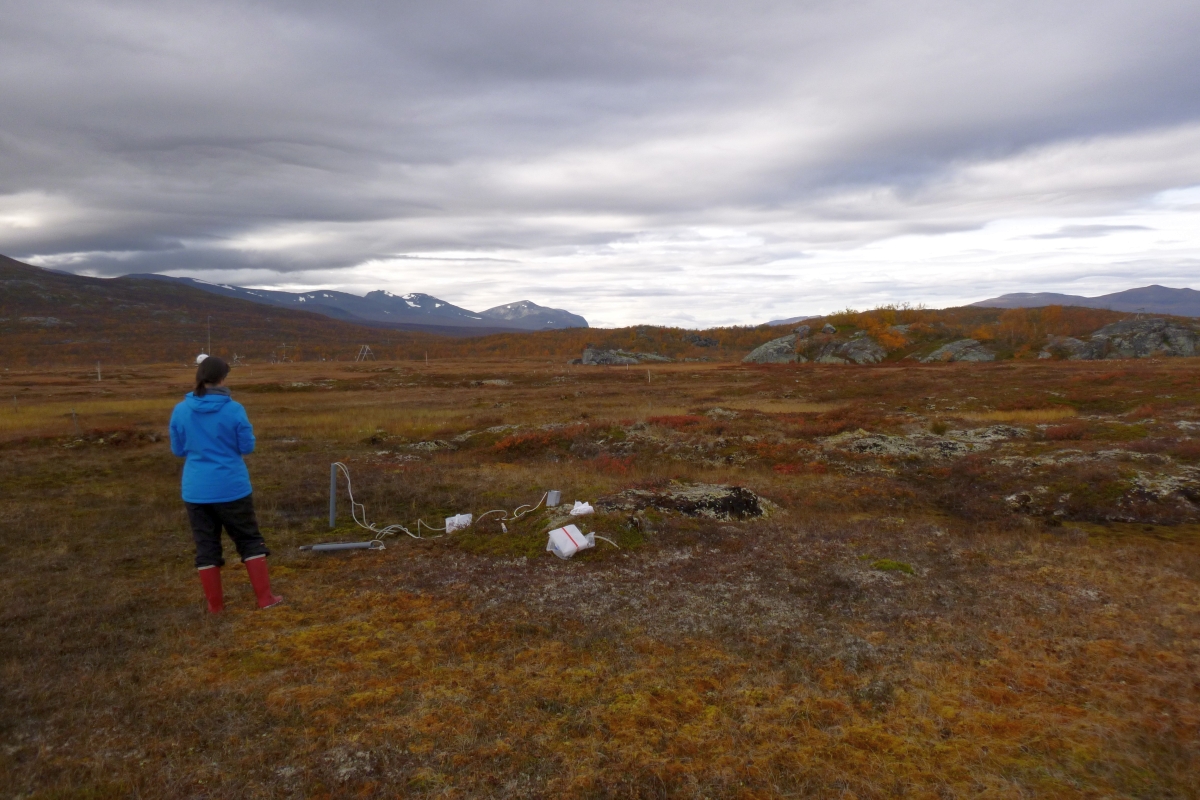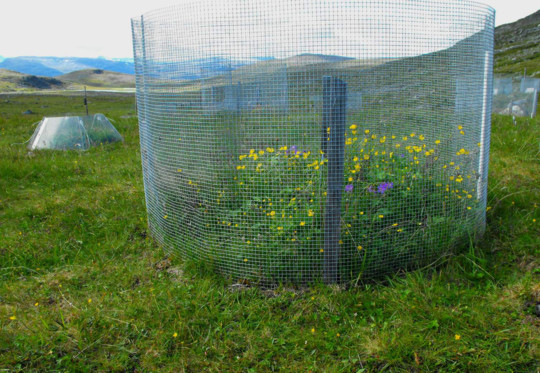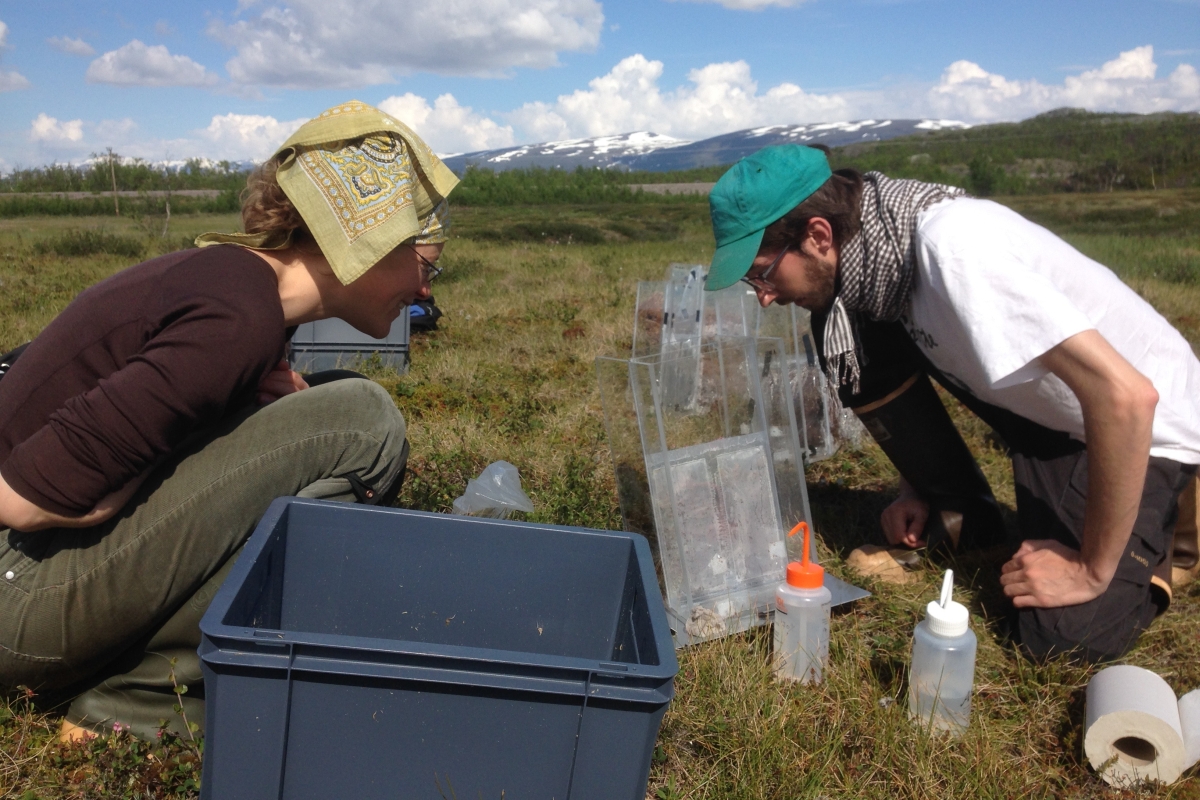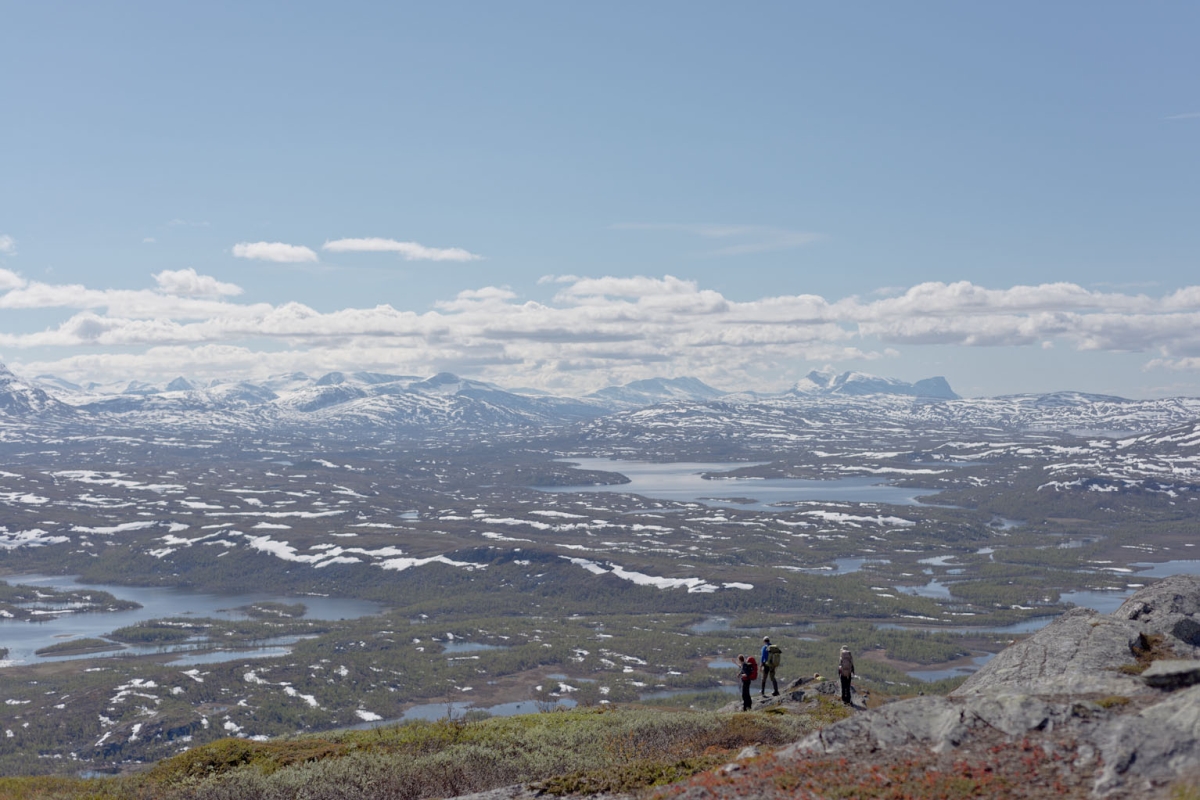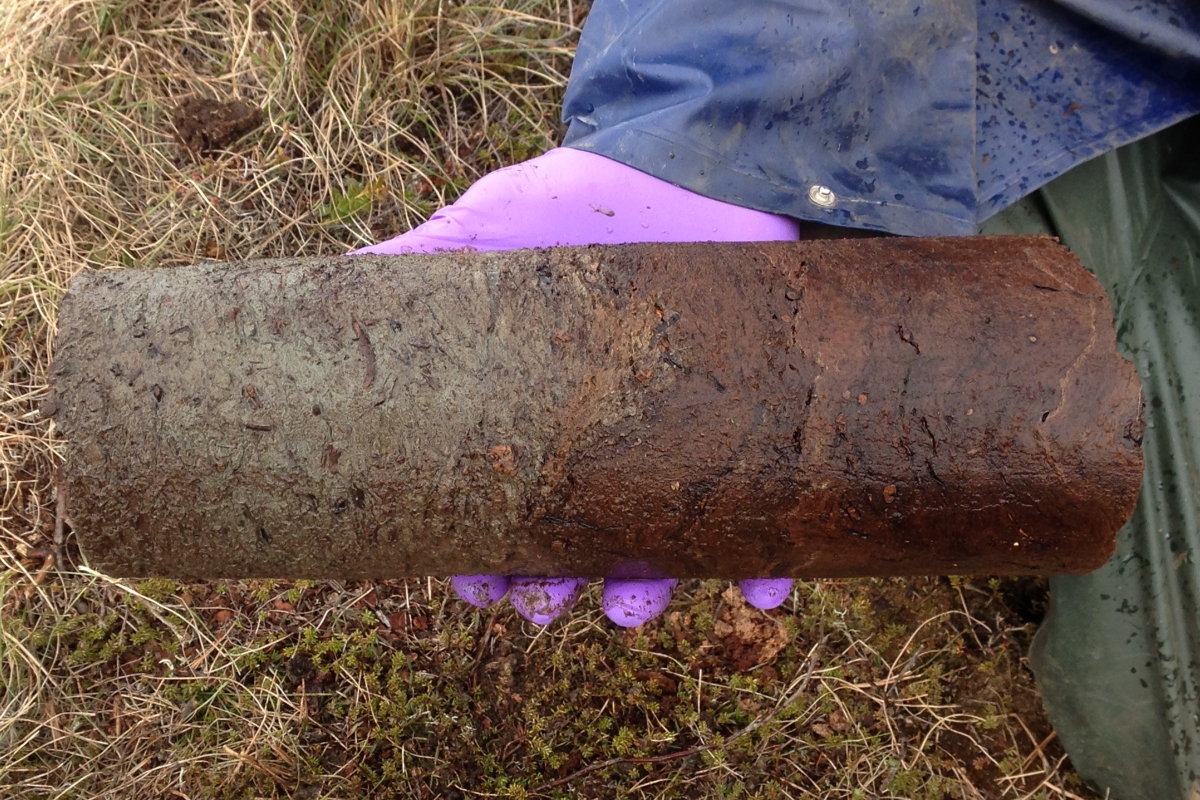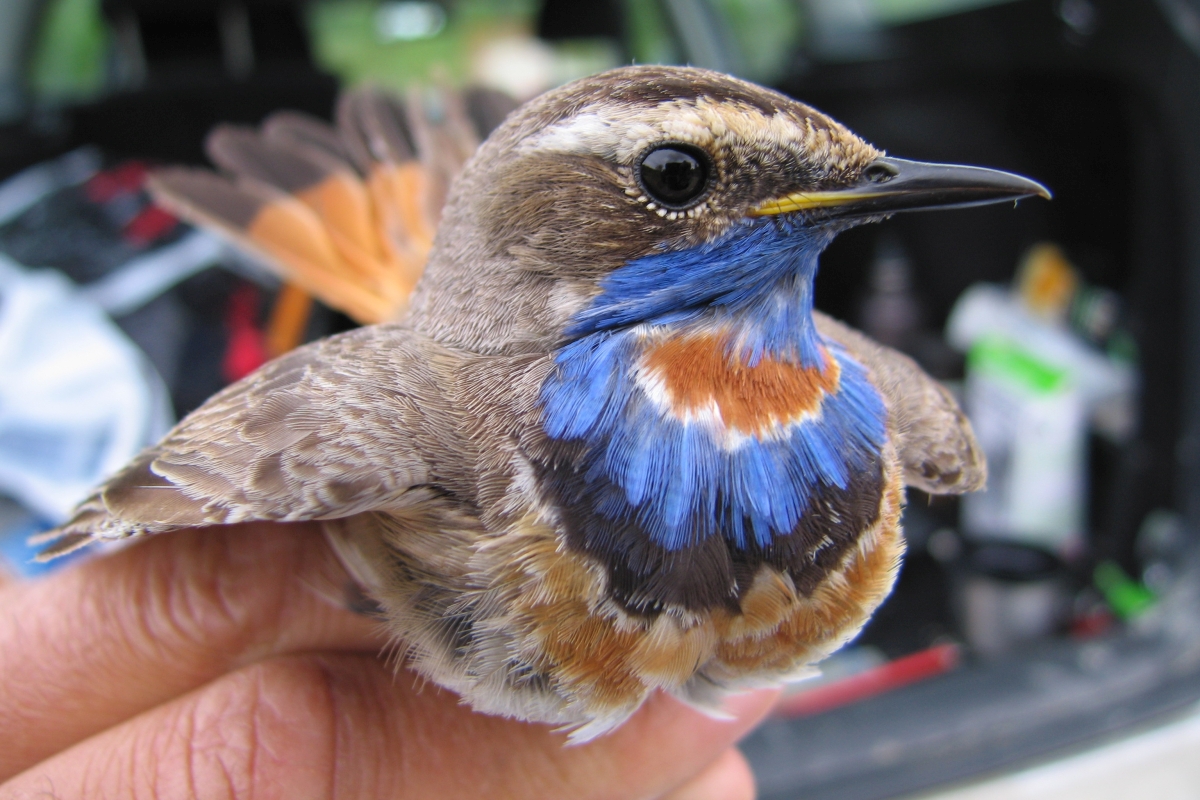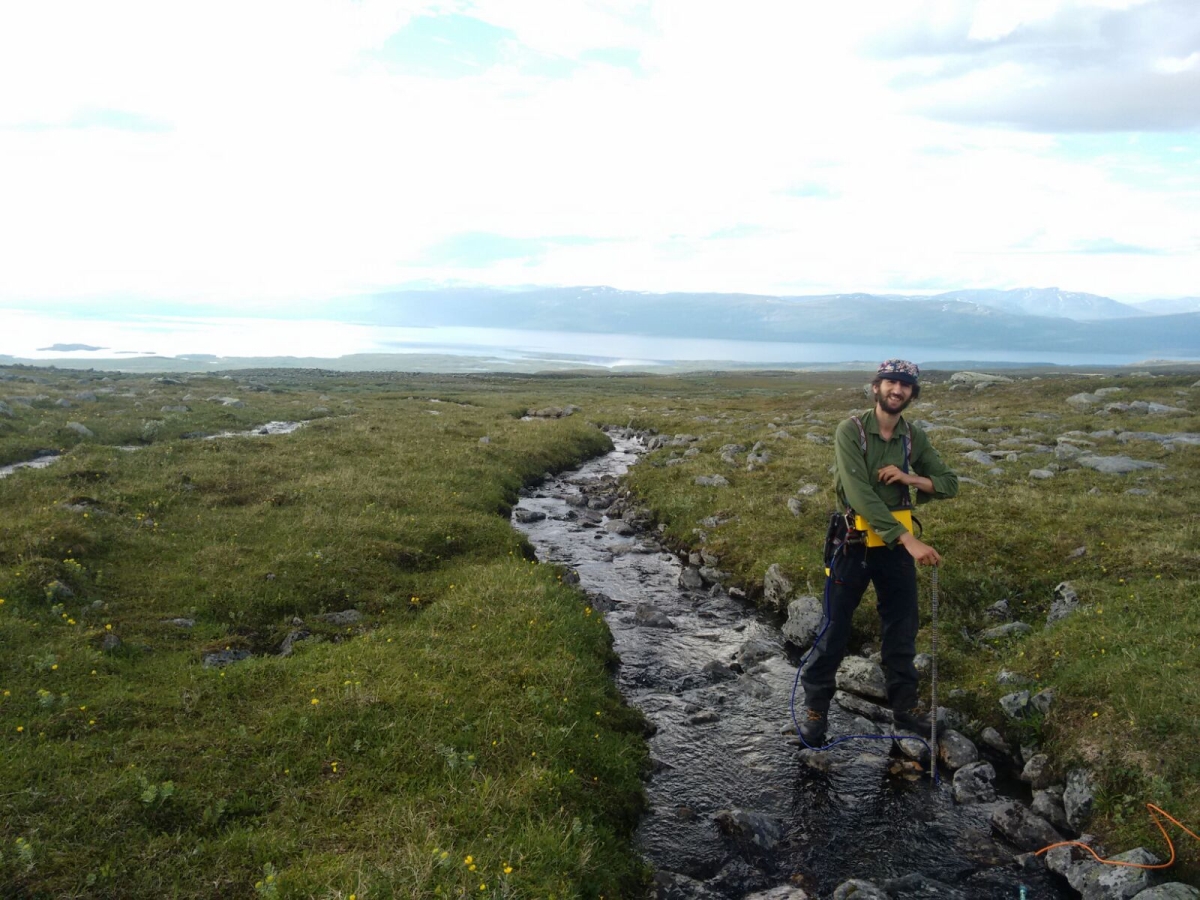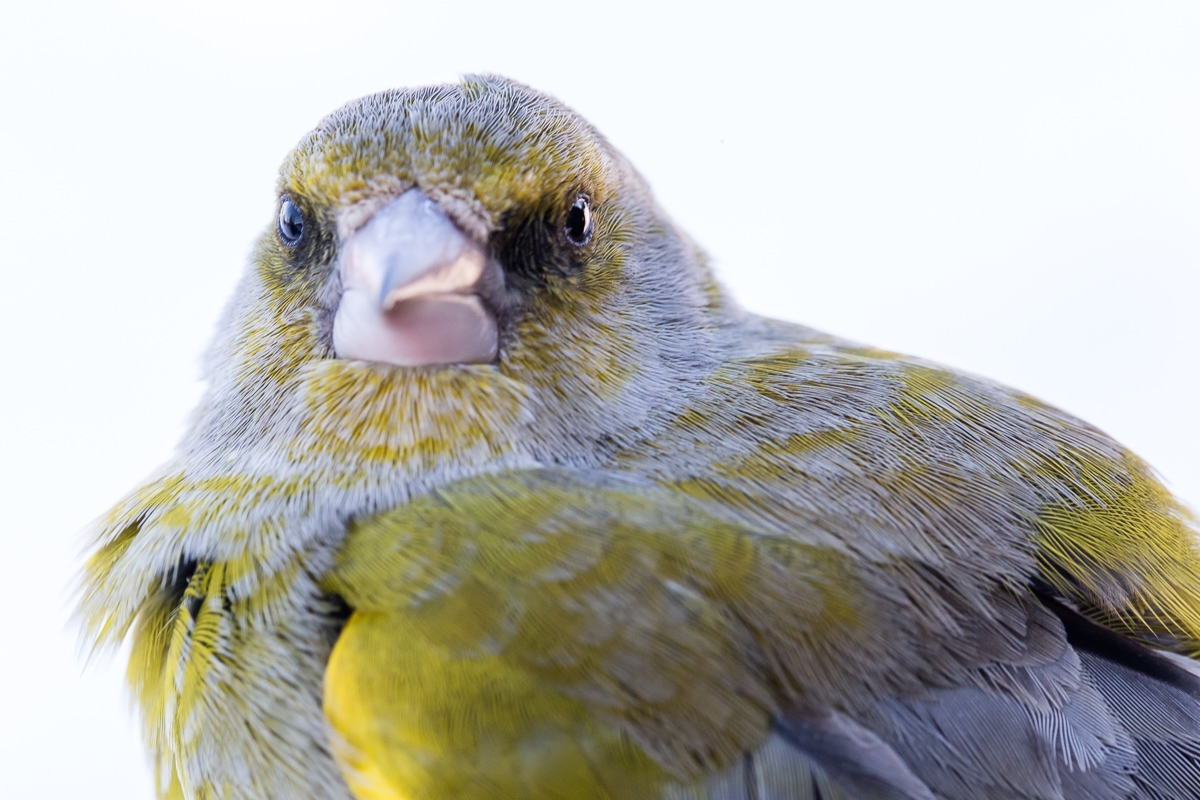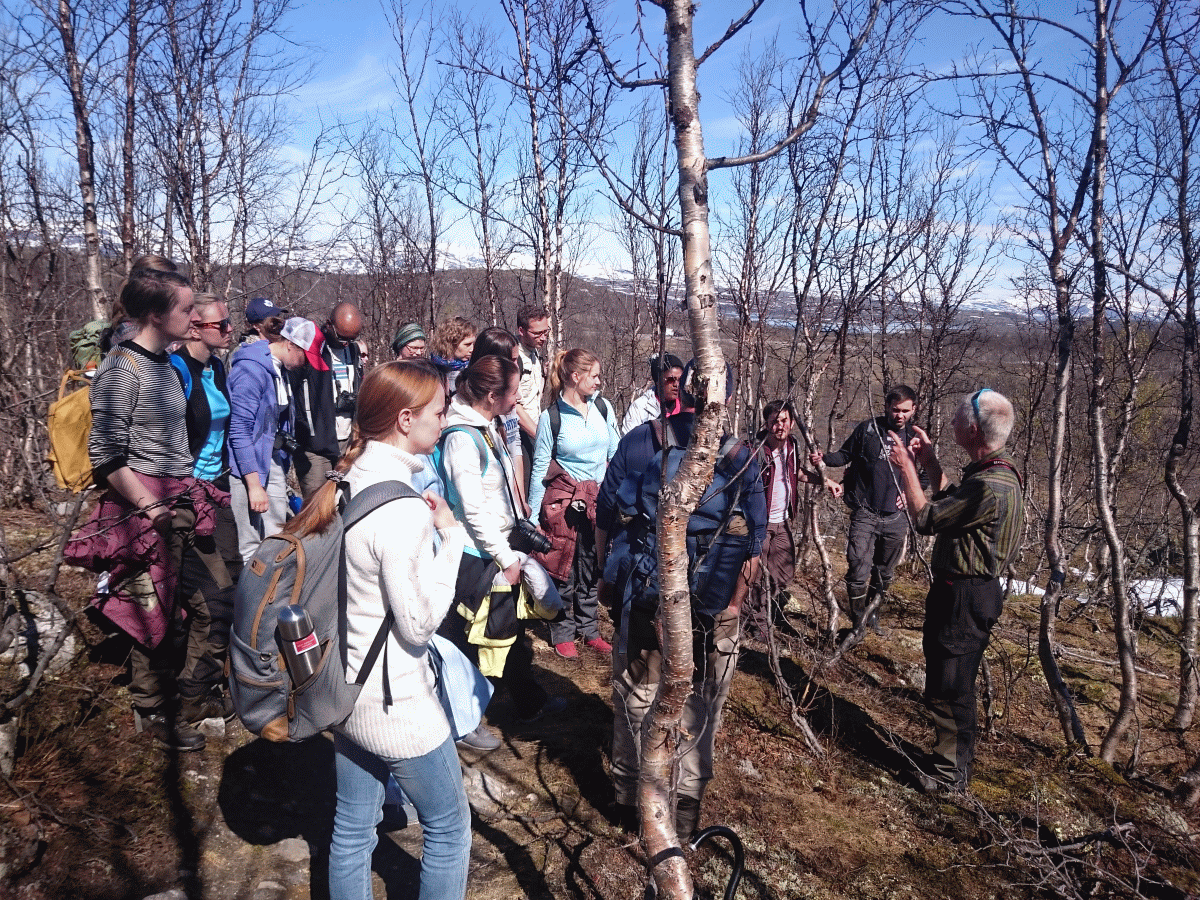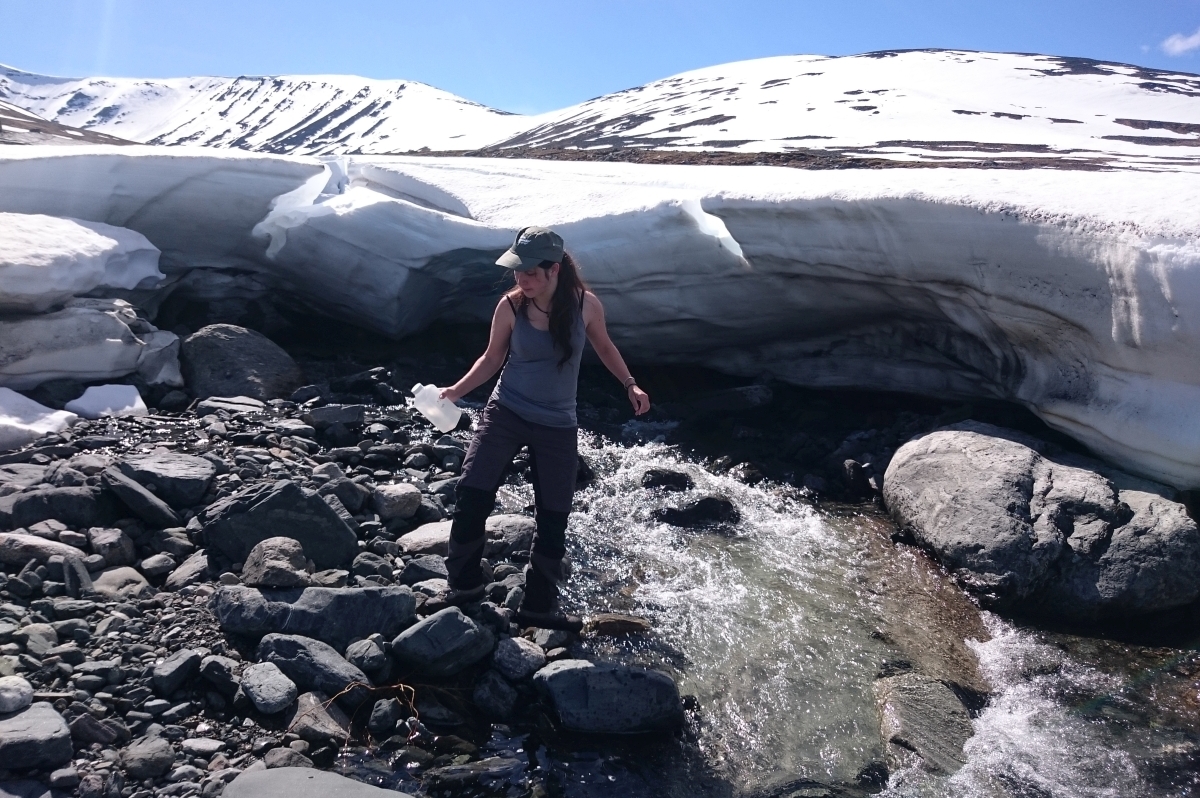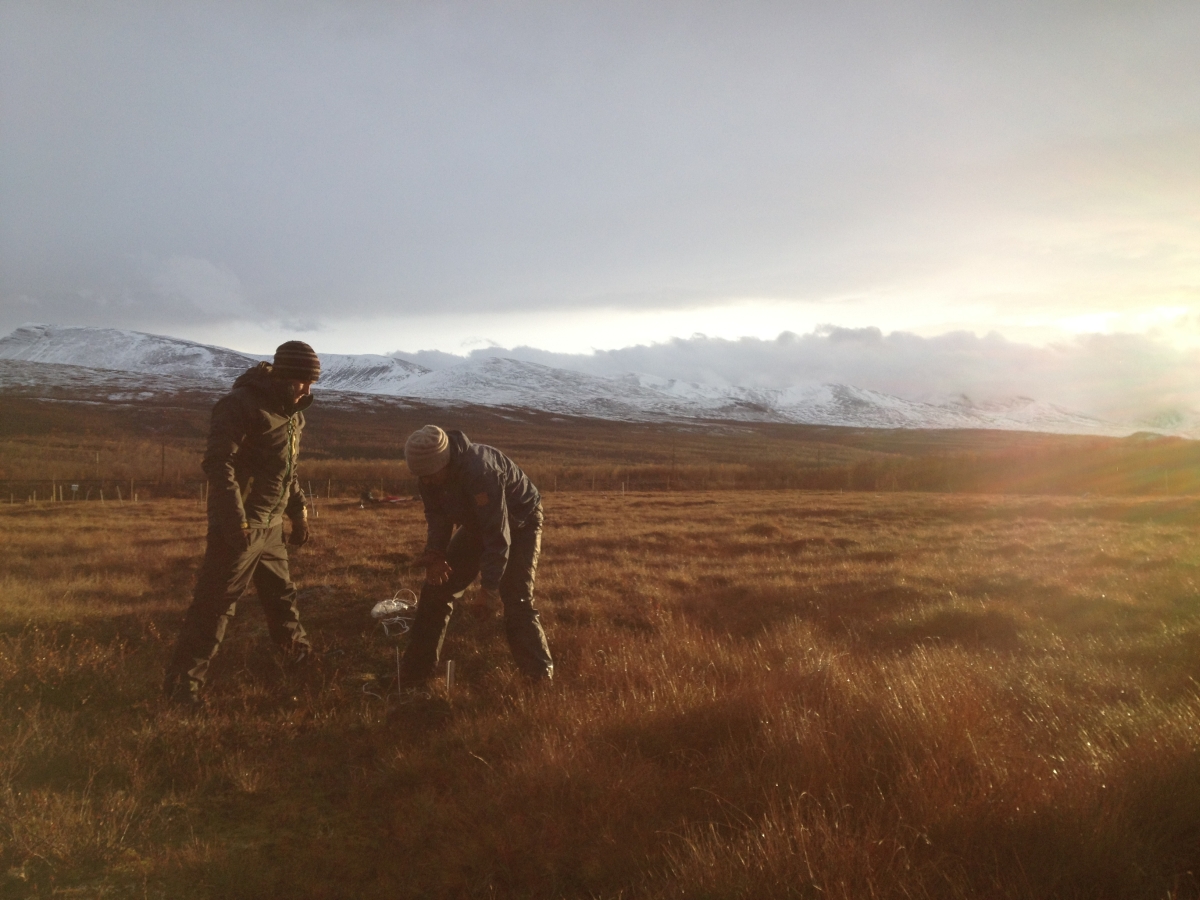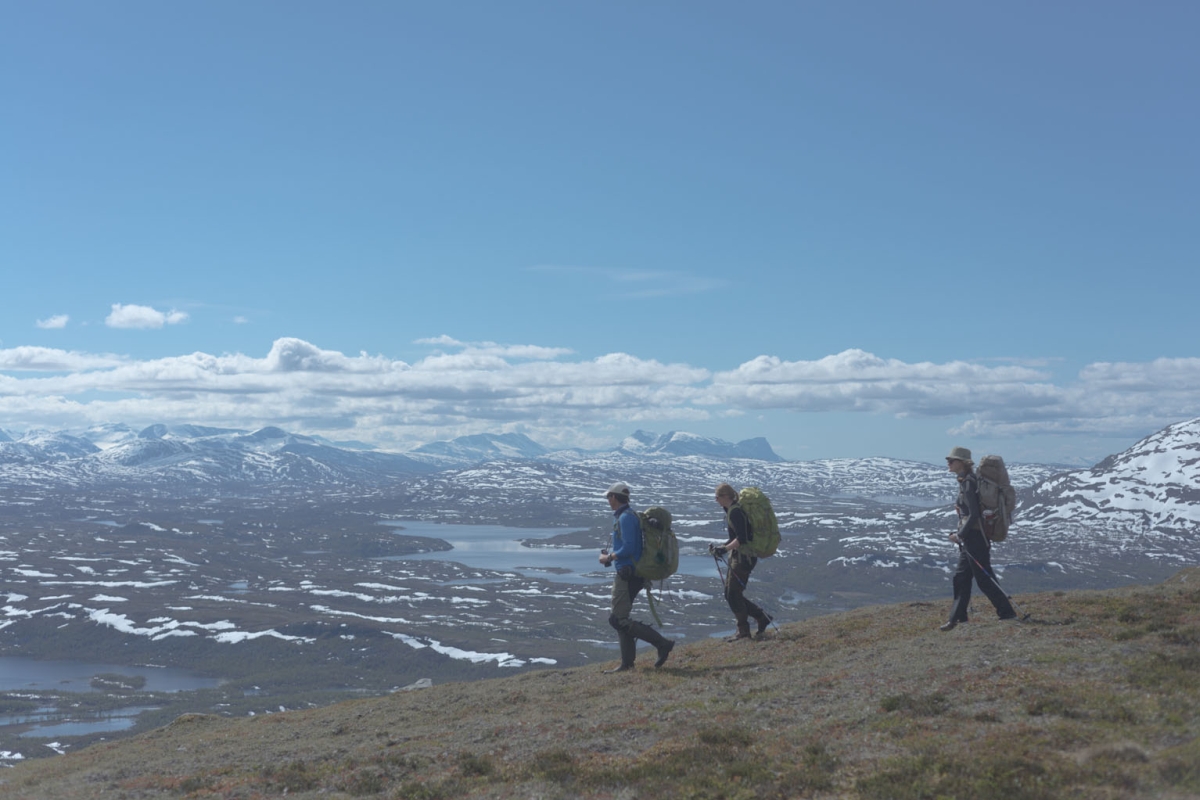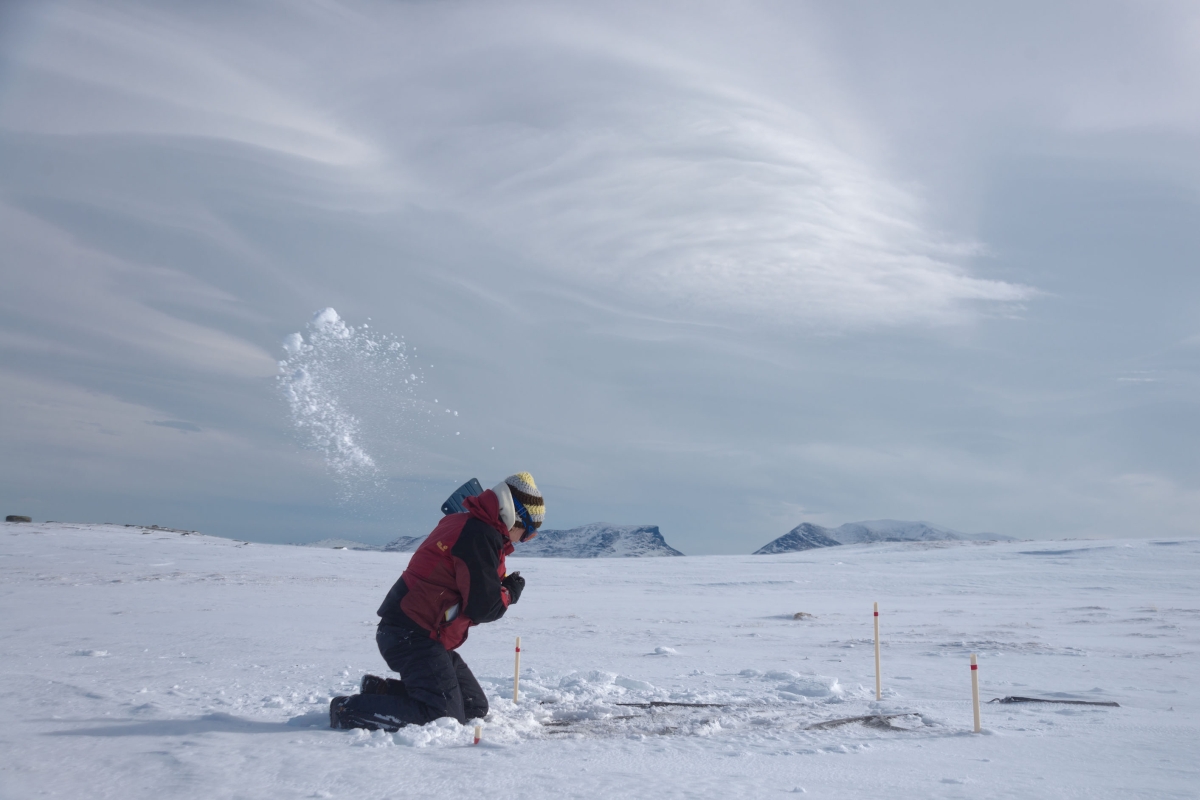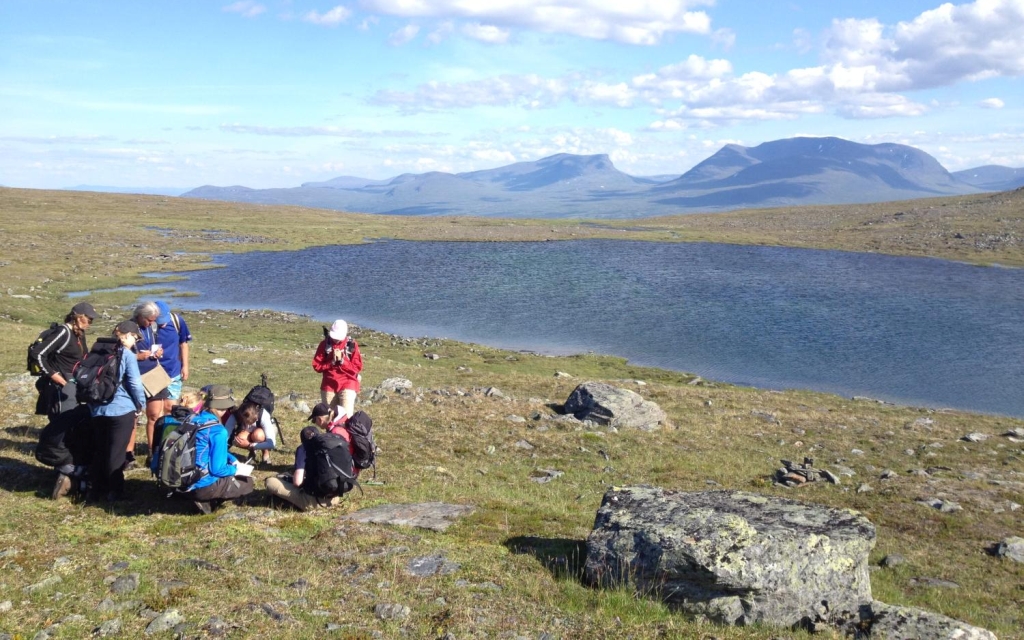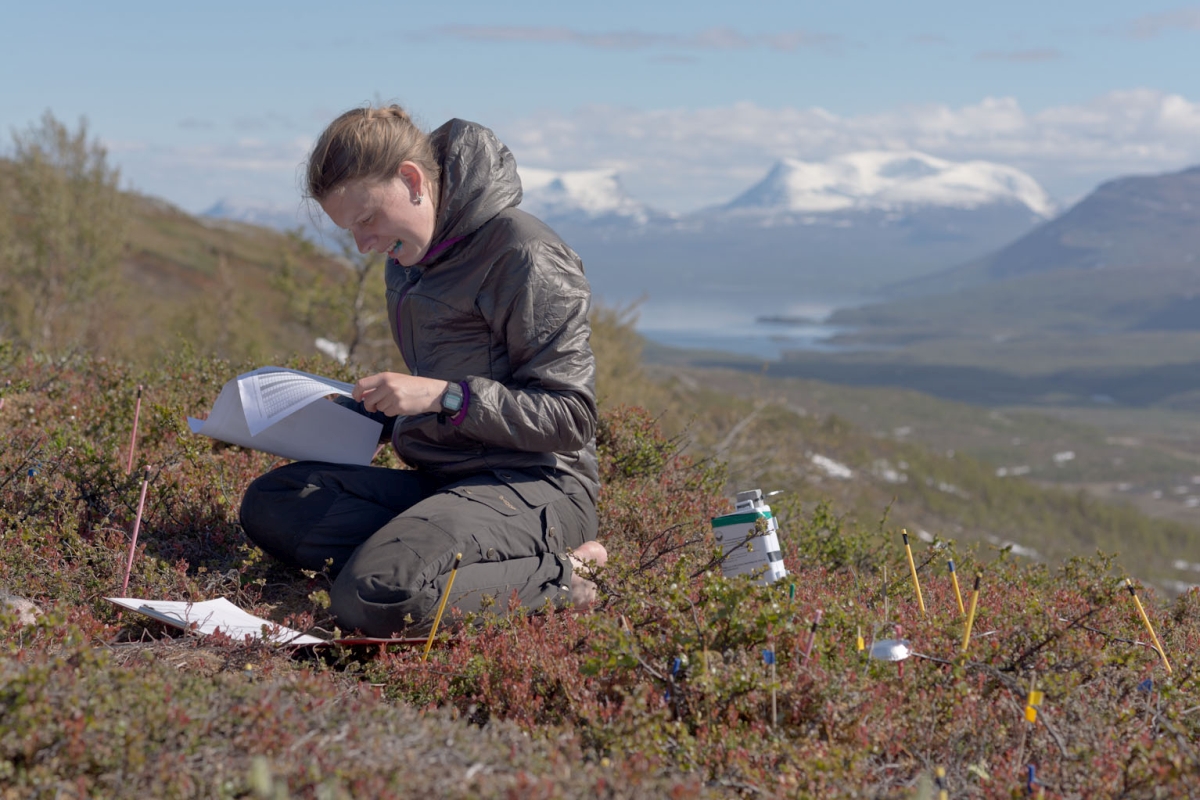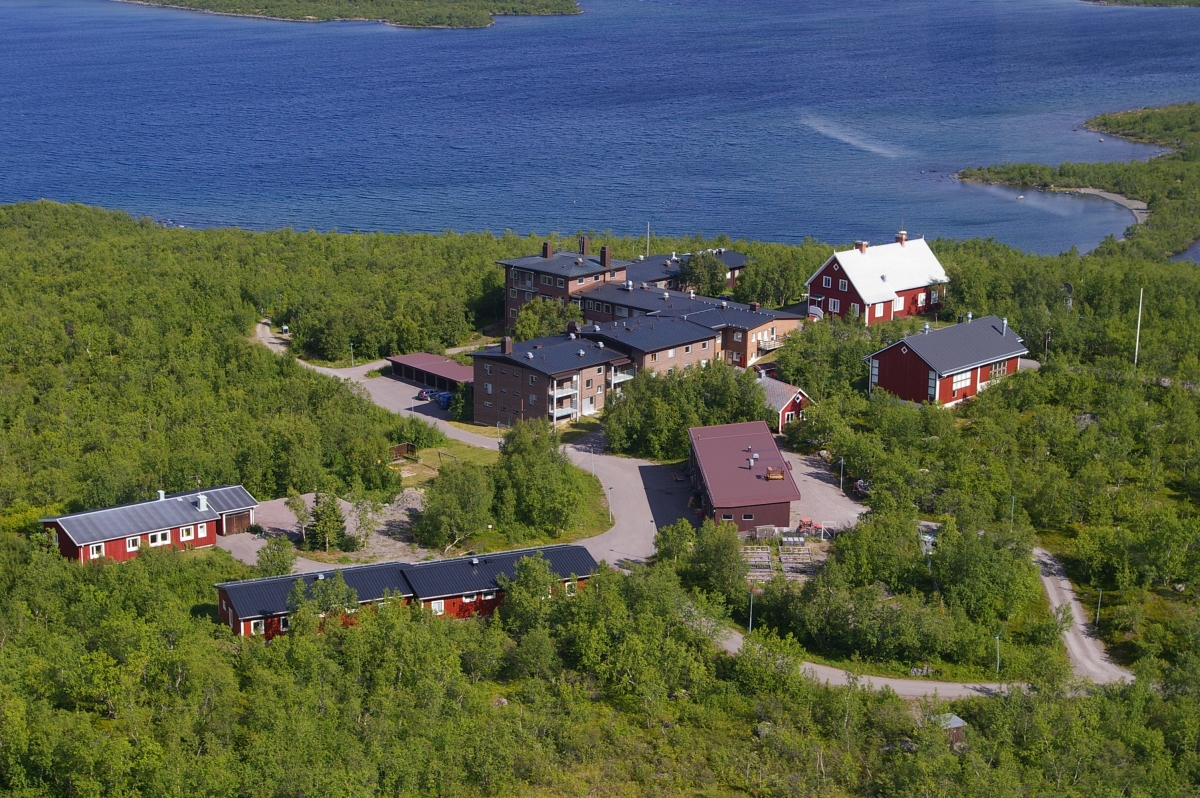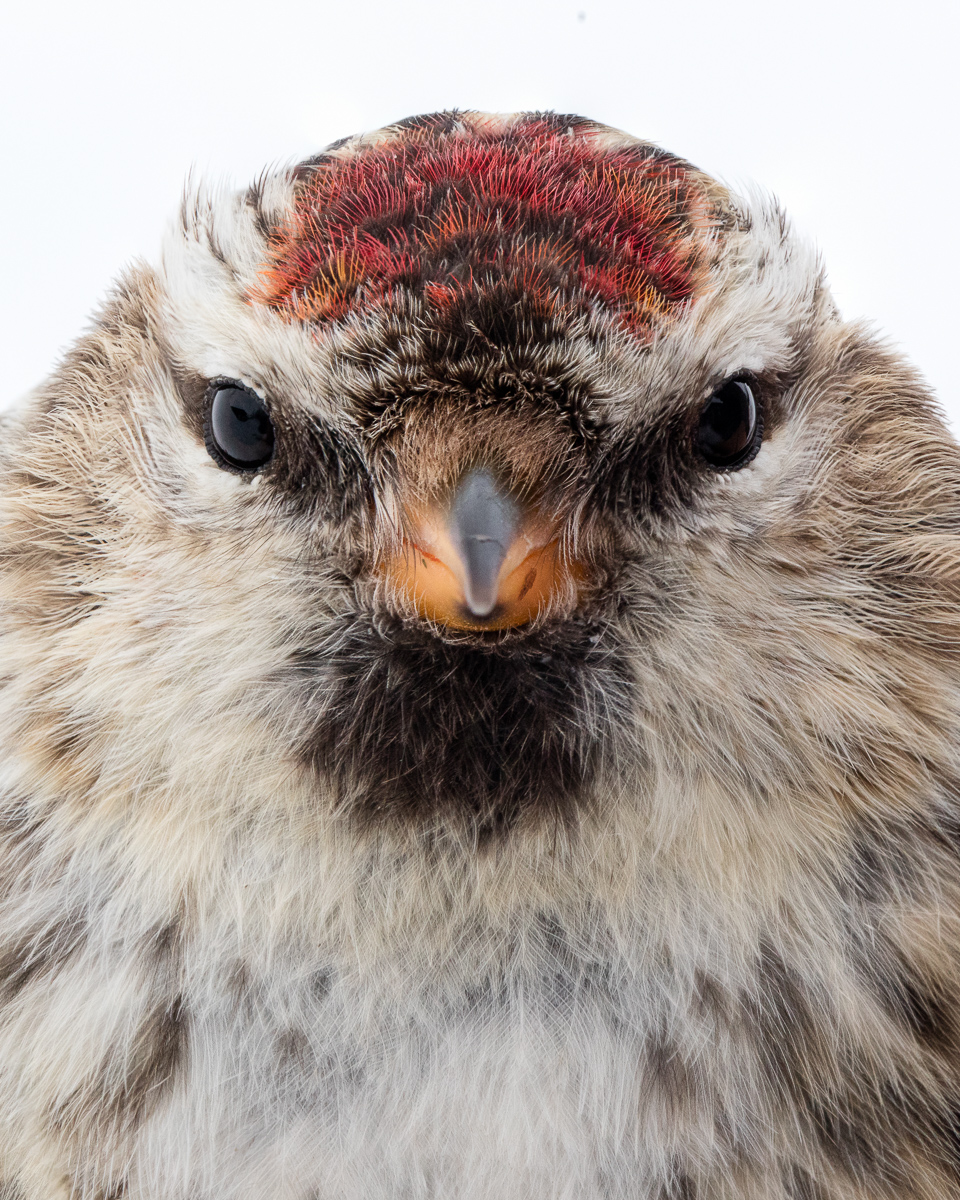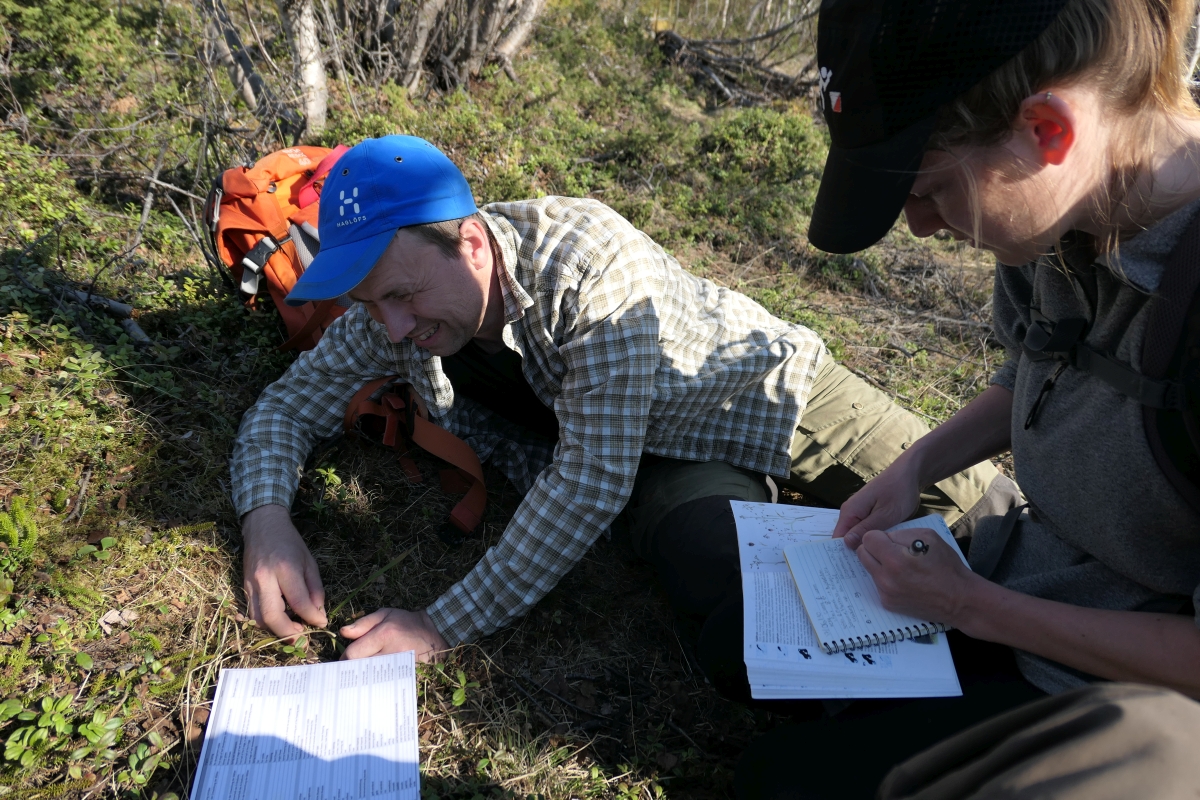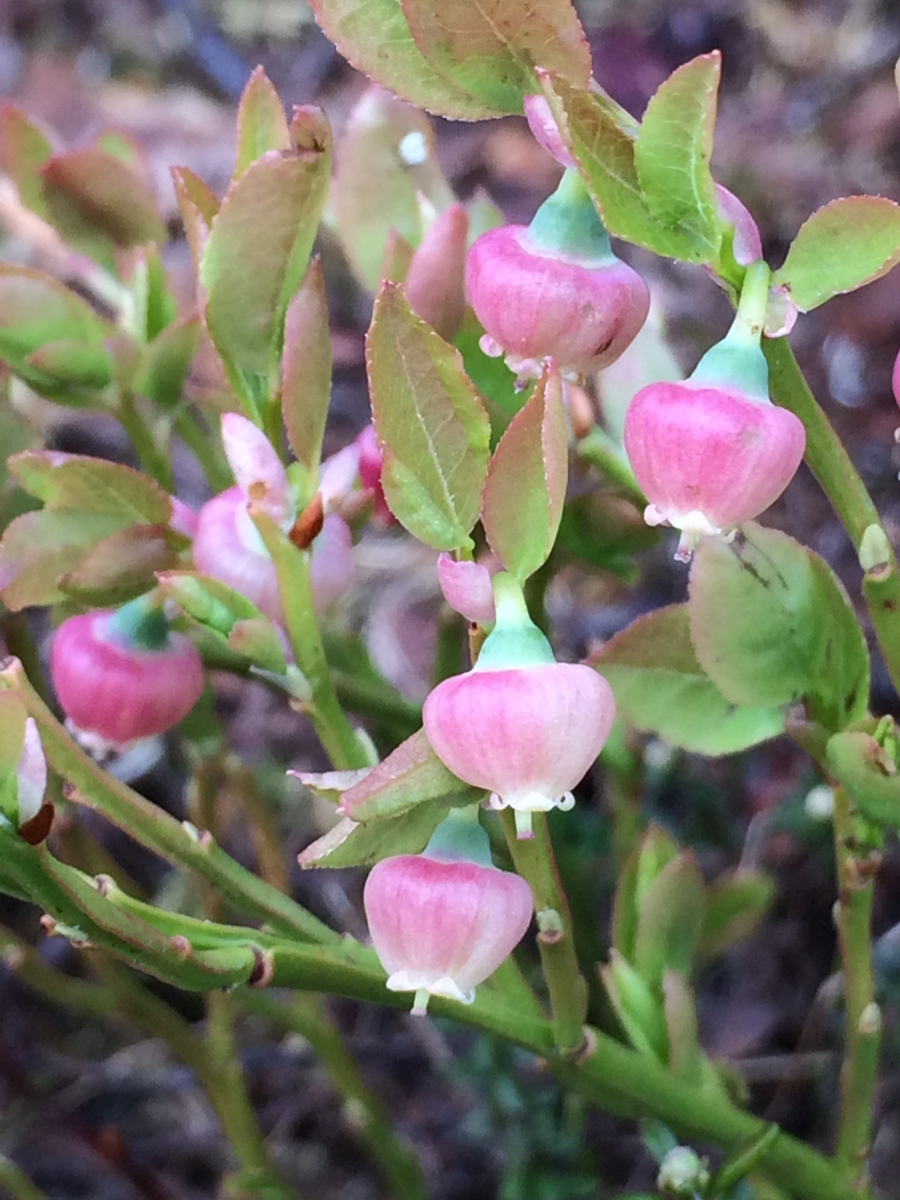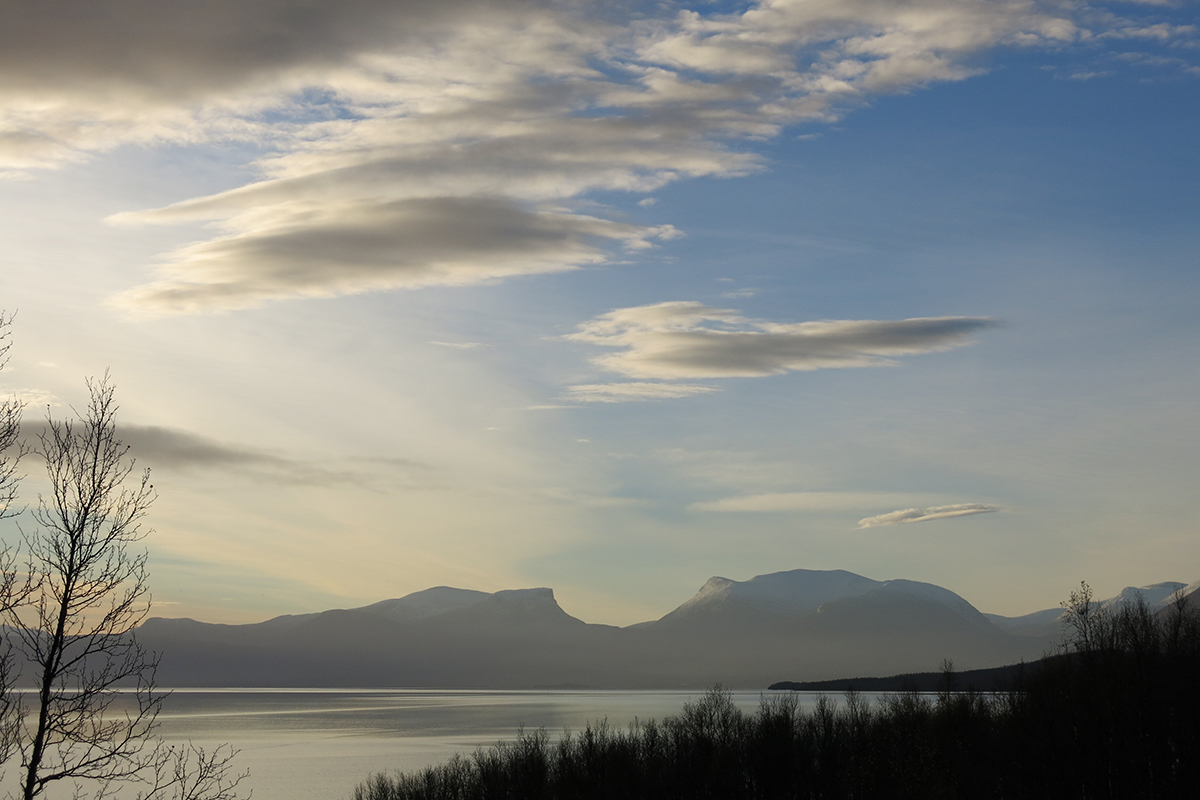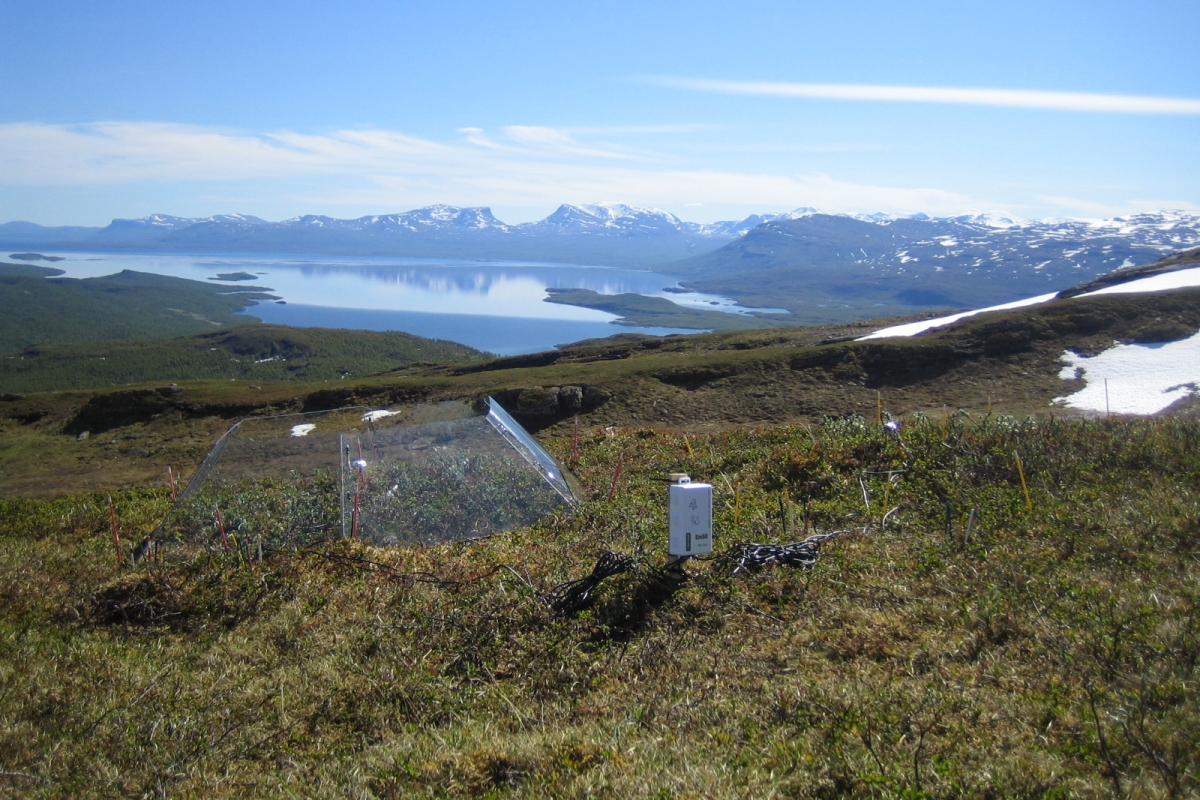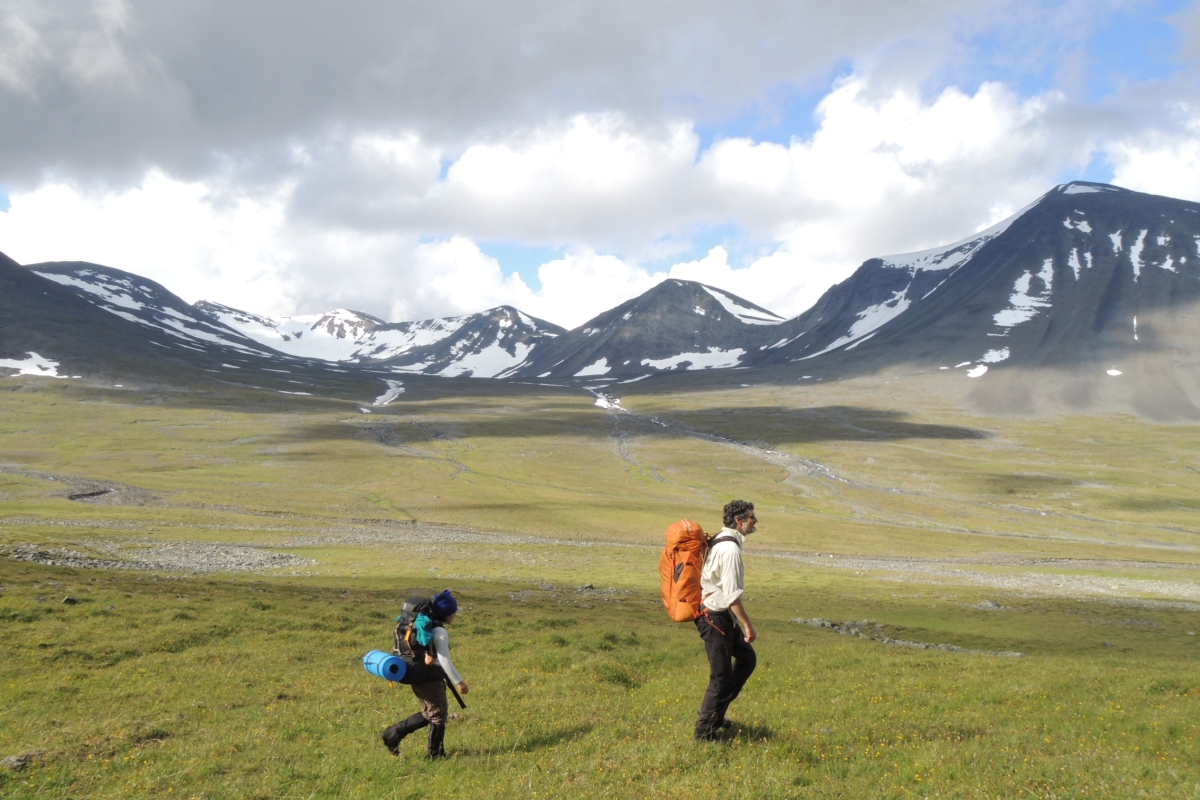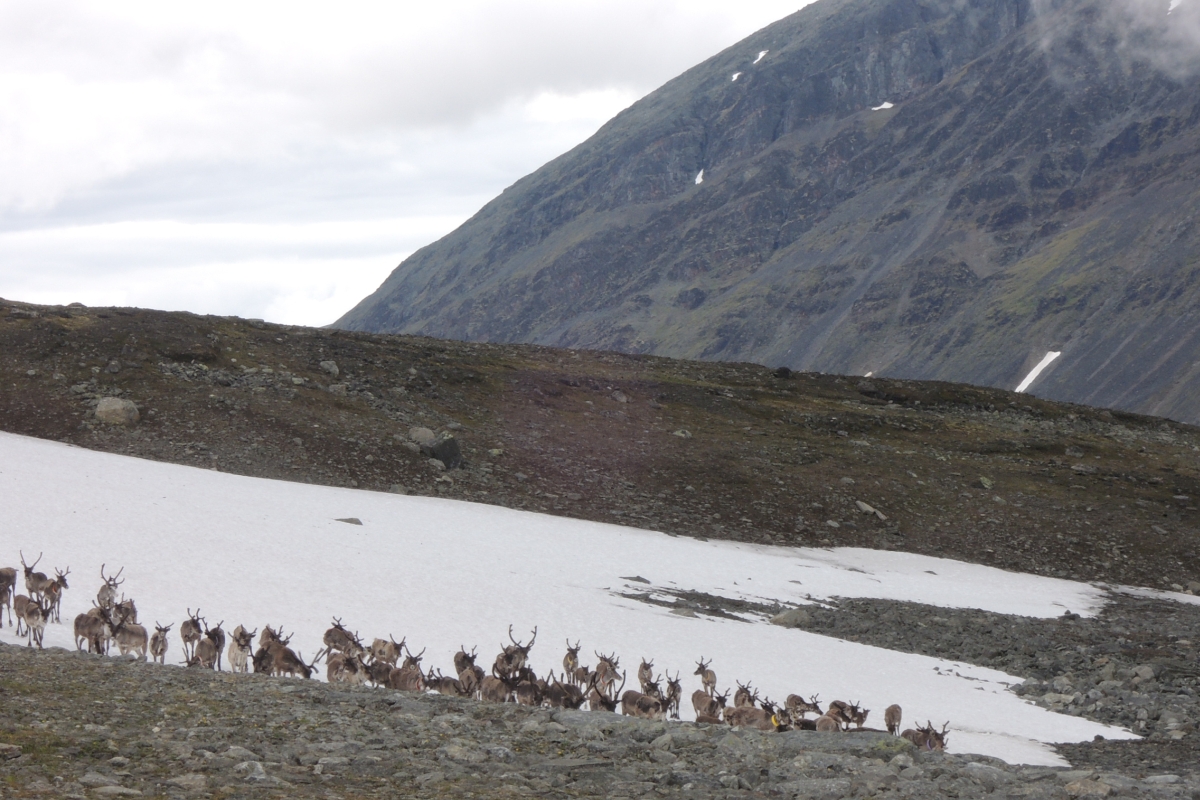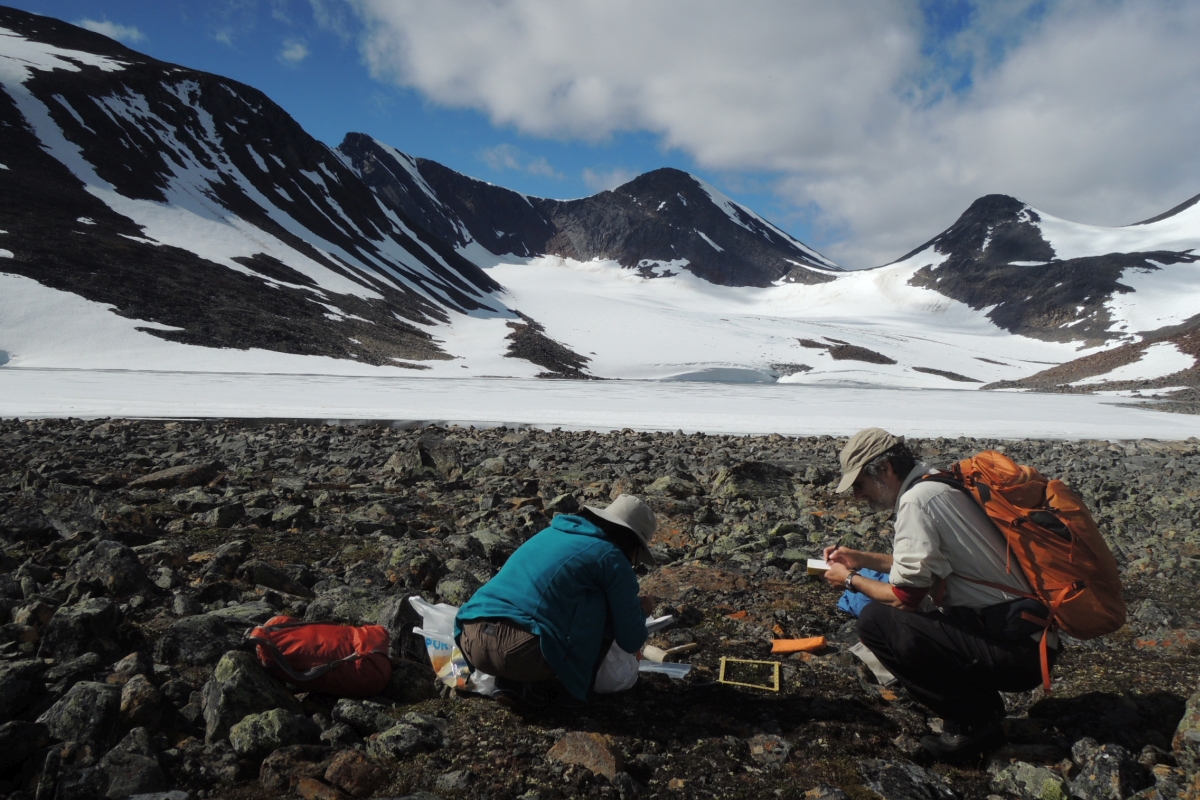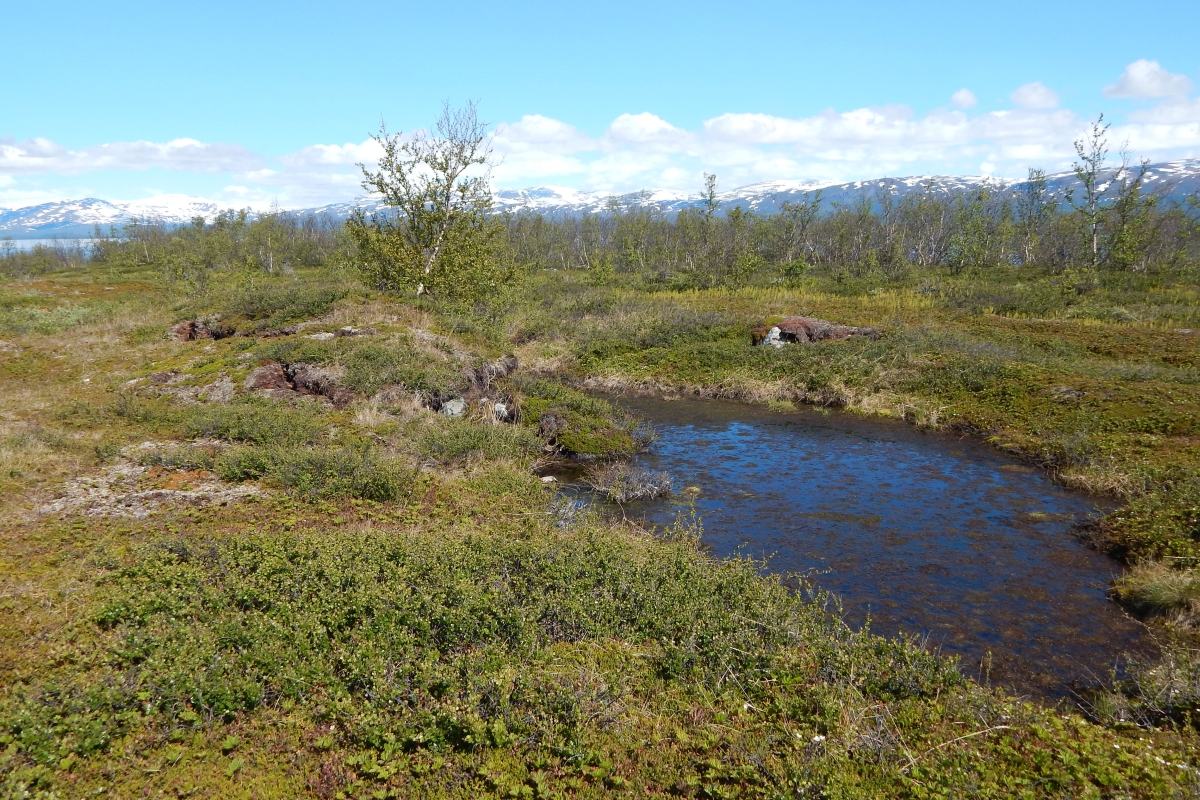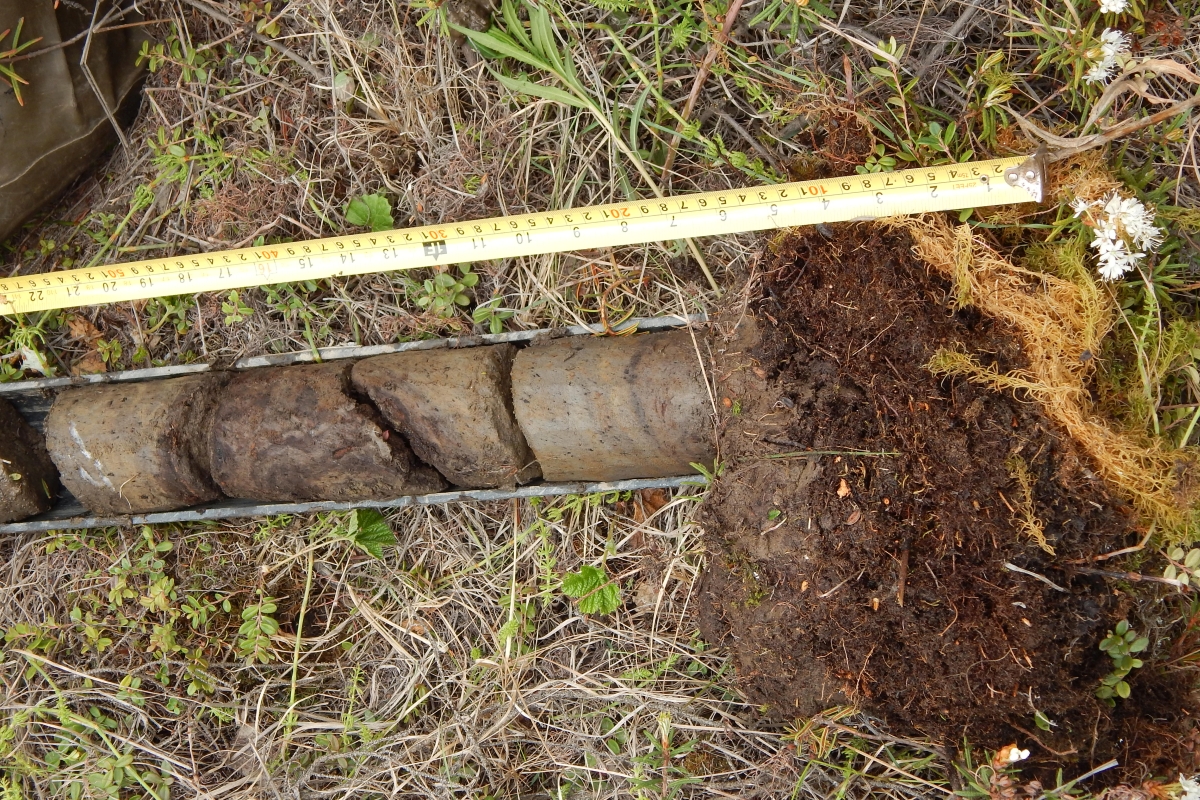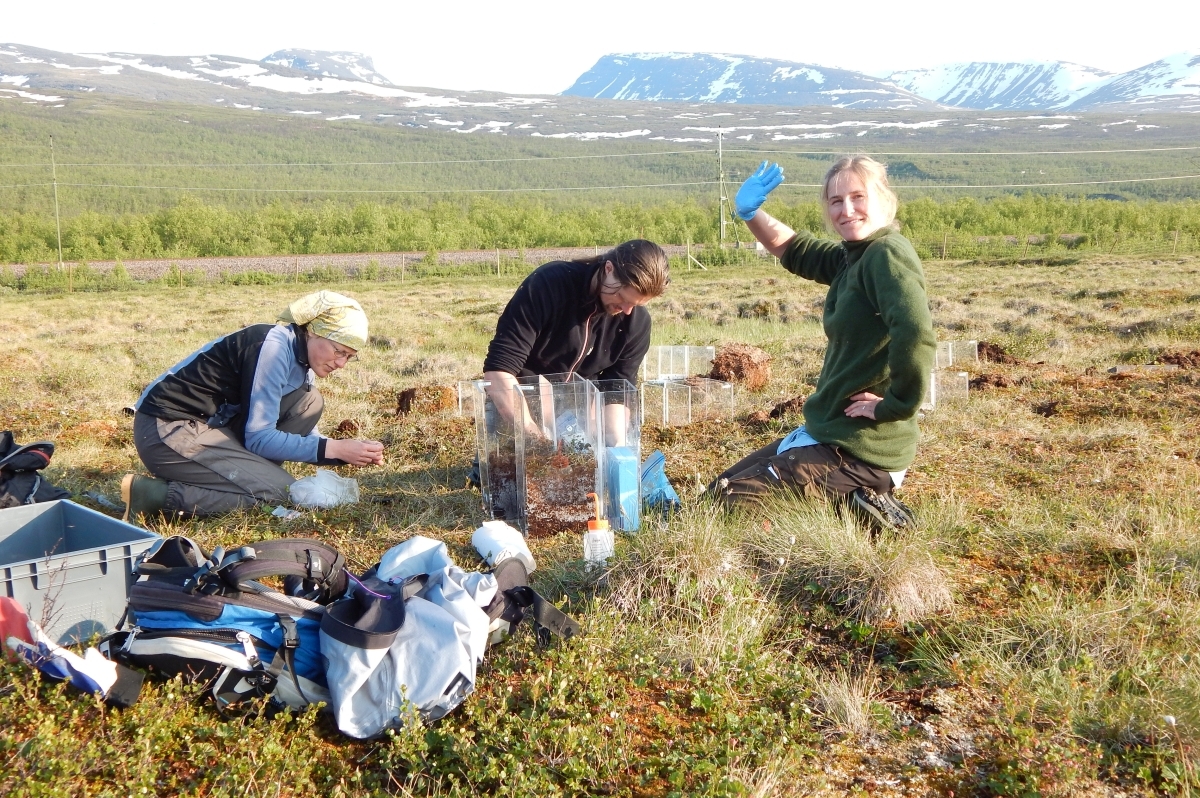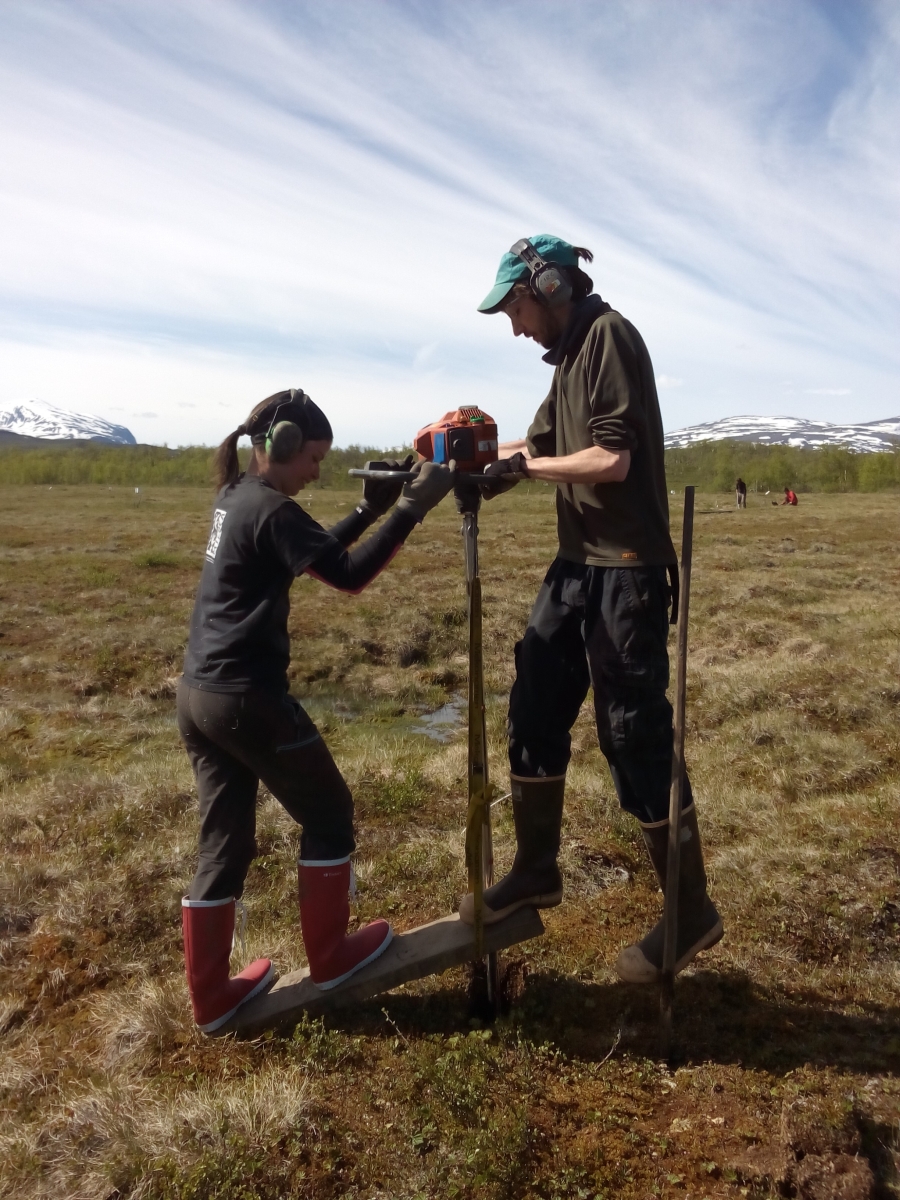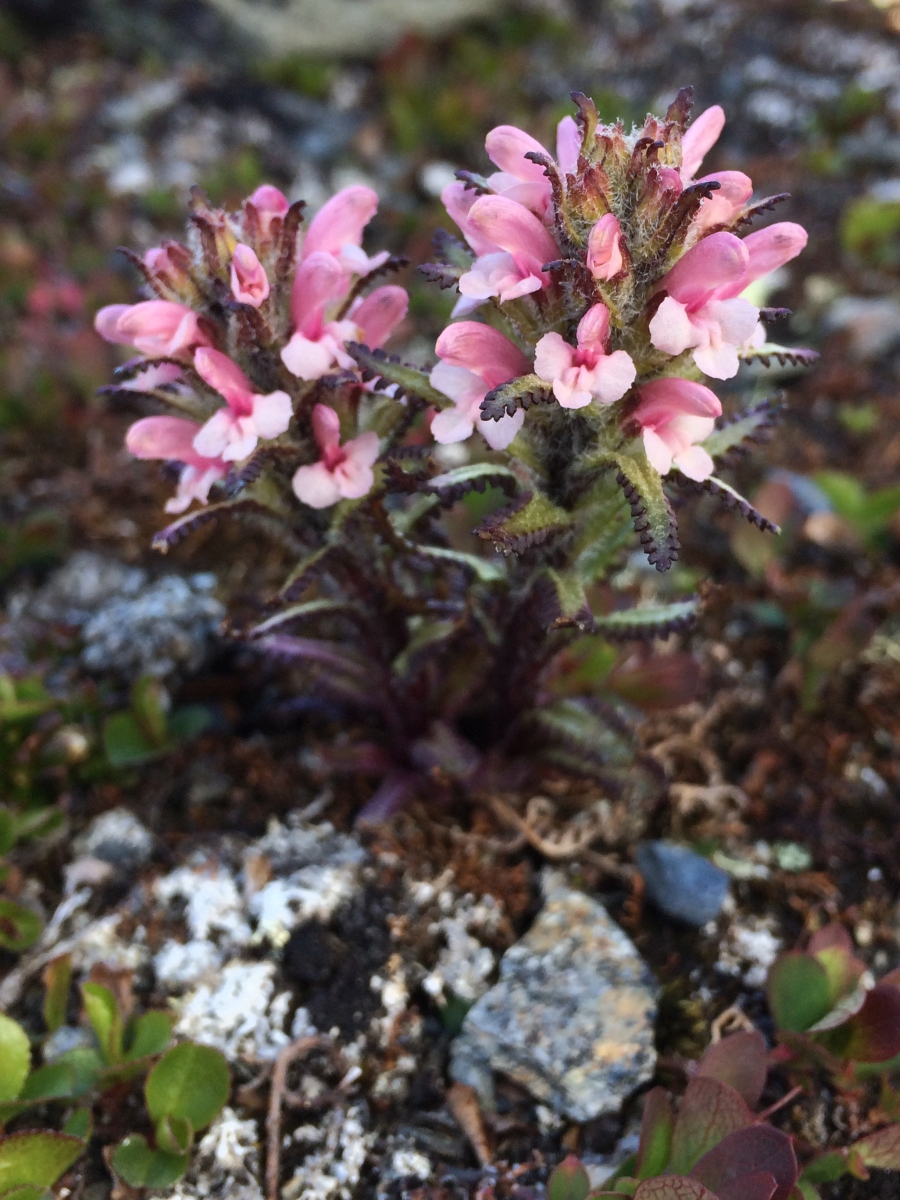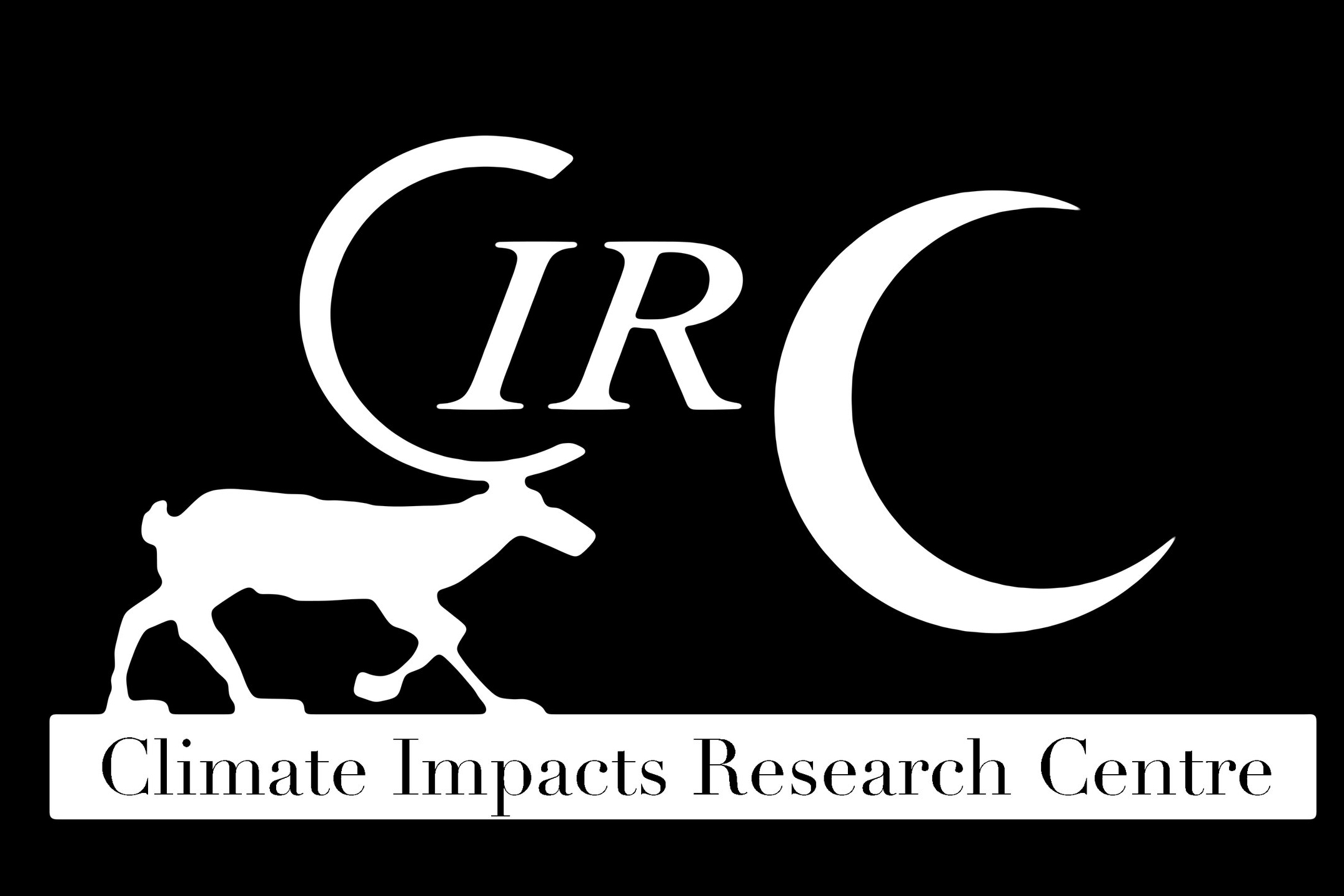A year in the Arctic: Investigate climate effects at 68°N
A study option for students studying at Umeå University
Today the Arctic is on the front line of many important global issues. Climate change is occurring here faster than the rest of the globe. Through teleconnections between the Arctic climate and the south, changes here have important global implications. Climate and environmental change, contaminants and indigenous peoples are all issues we are passionate about in this rapidly changing Arctic.
The Department of Ecology and Environmental Science, Umeå University, is excited to offer students from across the globe timely and exciting courses for studying Arctic ecosystems over a year. Our Climate Impacts Research Centre is strategically located on the 200 km north of the Arctic Circle at the Abisko Scientific Research Station (68.35° N, 18.82°E). From here over 40 scientists are studying many facets of aquatic and terrestrial ecosystem science. This science is the basis for three courses that give students the chance to immerse themselves in studying Arctic ecosystems while living at an internationally recognized Arctic research Station.
The ‘Year in the Arctic’ can start any term (see Umeå University course catalog for dates and course application information). The cornerstone of the Arctic studies are three courses that take place in Abisko over the year. Each course provides students with lectures, field excursions, and project work that includes fieldwork, analytical techniques and writing a scientific report. You must apply for each of the courses described here separately as each has specific pre-requisites.
Our courses in Abisko
Alpine Ecology (15 credits) takes place in July and August. The course focuses on the ecology of animals and plants in the Swedish mountains and more broadly Scandinavian alpine ecosystems. From a species perspective, we focus on the biotic and abiotic environment that shapes their life histories and ultimately their fitness. Further, we investigate how interactions between species shape ecosystems and communities.
Arctic Ecosystems (15 credits) takes place in late August to October. Here students develop knowledge of Arctic terrestrial ecosystems processes. It provides understanding of how ecosystem processes are regulated by abiotic and biotic factors, such as nutrient availability, the Arctic climate and plant-soil-organism interactions and its relationship to the ecosystem function. Particular focus will be on potential impacts of changes in climate on ecosystem processes and on feedback mechanisms from Arctic ecosystems to the climate system. The course provides an overview of how controls and impacts on ecosystem processes depend on temporal and spatial scales.
Finally, there is an option to do your degree thesis in biology or earth science (15, 30 or 60 credits) with a focus on the arctic. Students are paired with an Arctic scientist from the department to develop a project in the north of Sweden. The degree thesis may lead to a bachelor or master’s degree, depending on what other courses you have taken. See requirements.
For more information about pre-requisites or opportunities to include different courses in a degree program, contact the Study Advisor at the Department of Ecology and Environmental Sciences: Maria Karlsson
For more general information about the Arctic Year, contact the Project Coordinator for the Climate Impacts Research Centre: Keith Larson
